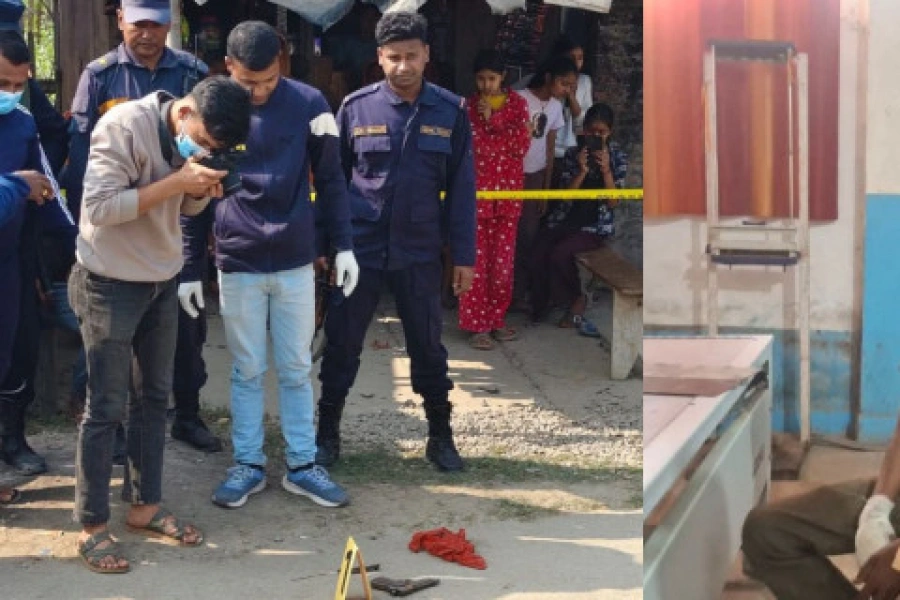WASHINGTON, April 27: The Trump administration announced on Thursday an end to a protected status for roughly 9,000 Nepali immigrants that has been in place since a devastating 2015 earthquake -- a move that could force many to choose between returning to their still-recovering home country or living in the shadows in the US.
Thursday's announcement by the Department of Homeland Security continues the administration's effort to substantially curtail the use of temporary protected status, a system designed to allow immigrants to stay legally in the US rather than send them home while their country is ravaged by crises.
Homeland Security Secretary Kirstjen Nielsen said recipients of those protections will have one year to either prepare to leave the US or find other means to stay before the protections expire.
U.S. limits protections for some migrant children

The announcement said the government's review concluded that "the disruption of living conditions in Nepal from the April 2015 earthquake and subsequent aftershocks ... have decreased to a degree that they should no longer be regarded as substantial, and Nepal can now adequately manage the return of its nationals."
Temporary protected status grants nationals of certain countries living in the US the ability to work and protection from deportation. TPS is designed for countries experiencing dire circumstances, such as war, natural disasters or epidemics.
Nepal's TPS covered any Nepalese nationals living in the US since the 2015 designation, and when it expires, those individuals will revert to whatever status they otherwise have -- undocumented or legal residency. Homeland Security has previously estimated in government documents that nearly 9,000 people were registered for TPS from Nepal.
Under President Donald Trump, the department has been aggressive in ending TPS categories for hundreds of thousands of immigrants, a majority of whom have lived in the US for upwards of 15 to 20 years and whose countries are still in dire straits.
The department has said its hands are tied by the law, which only allows it to consider whether the conditions caused by the initial disaster have improved.
A recently released internal document, however, showed that DHS staff reports about the decision to terminate Haiti's TPS seemed to contradict the assessment delivered publicly by the agency.
And critics of the decision to end Nepal's status say the country is still struggling to recover from the earthquake, which killed nearly 9,000 people and destroyed hundreds of thousands of homes.







































